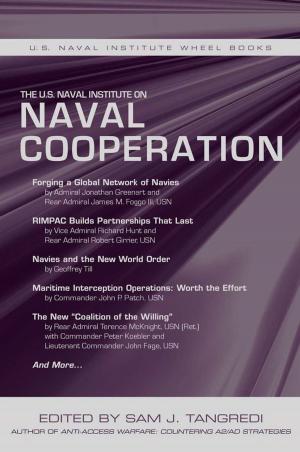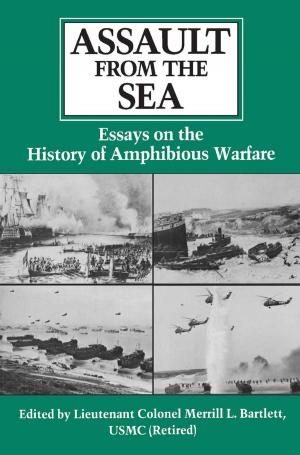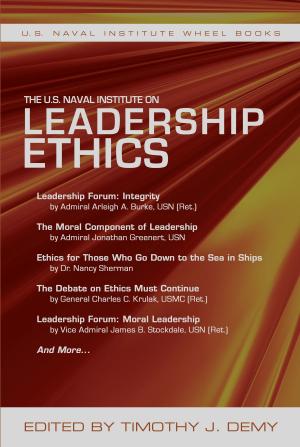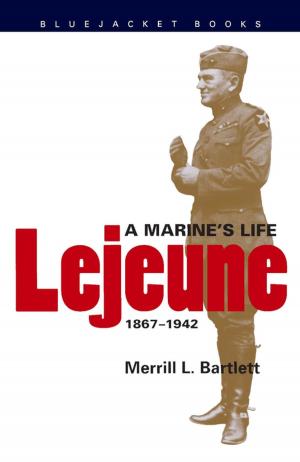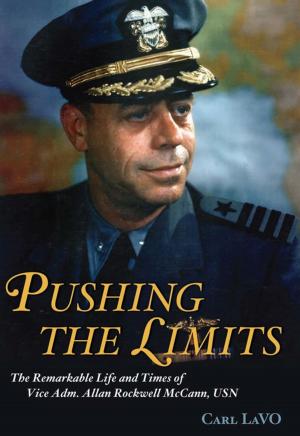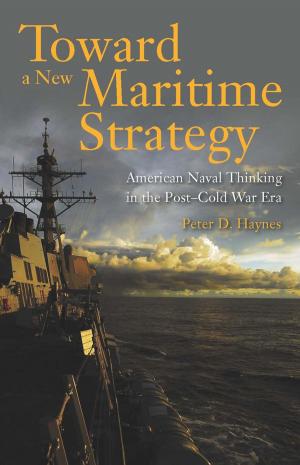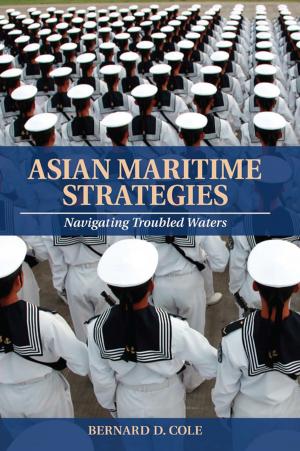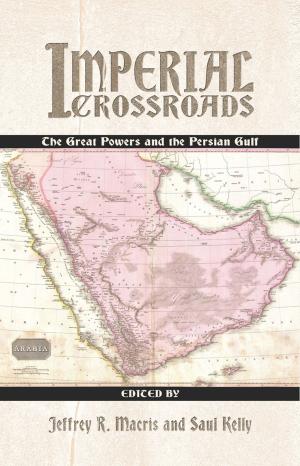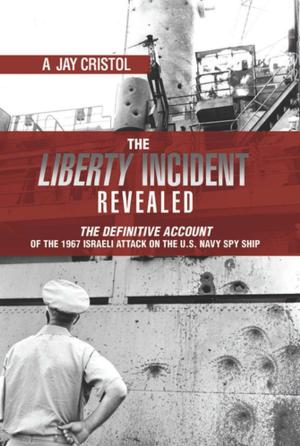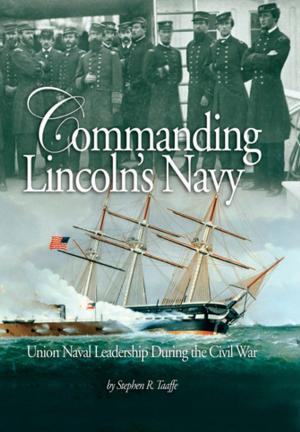| Author: | David C. Skaggs, Gerald Altoff | ISBN: | 9781612512266 |
| Publisher: | Naval Institute Press | Publication: | October 11, 2012 |
| Imprint: | Naval Institute Press | Language: | English |
| Author: | David C. Skaggs, Gerald Altoff |
| ISBN: | 9781612512266 |
| Publisher: | Naval Institute Press |
| Publication: | October 11, 2012 |
| Imprint: | Naval Institute Press |
| Language: | English |
The Battle of Lake Erie on 10 September 1813 is considered by many to be the most important naval confrontation of the War of 1812. Made famous by the American fleet commander Oliver Hazard Perry's comment, "We have met the enemy and they are ours," the battle marked the U.S. Navy's first successful fleet action and was one of the rare occasions when the Royal Navy surrendered an entire squadron. This book draws on British, Canadian, and American documents to offer a totally impartial analysis of all sides of the struggle to control the lake. New diagrams of the battle are included that reflect the authors' modification of traditional positions of various vessels. The book also evaluates the strategic background and tactical conduct of the British and the Americans and the command leadership exercised by Perry and his British opponent, Commander Robert H. Barclay. Not since James Fenimore Cooper's 1843 book on the subject has the battle been examined in such detail, and not since Alfred Thayer Mahan's 1905 study of the war has there been such a significant reinterpretation of the engagement. First published in hardcover in 1997, the book is the winner of the North American Society for Oceanic History's John Lyman Book Award.
The Battle of Lake Erie on 10 September 1813 is considered by many to be the most important naval confrontation of the War of 1812. Made famous by the American fleet commander Oliver Hazard Perry's comment, "We have met the enemy and they are ours," the battle marked the U.S. Navy's first successful fleet action and was one of the rare occasions when the Royal Navy surrendered an entire squadron. This book draws on British, Canadian, and American documents to offer a totally impartial analysis of all sides of the struggle to control the lake. New diagrams of the battle are included that reflect the authors' modification of traditional positions of various vessels. The book also evaluates the strategic background and tactical conduct of the British and the Americans and the command leadership exercised by Perry and his British opponent, Commander Robert H. Barclay. Not since James Fenimore Cooper's 1843 book on the subject has the battle been examined in such detail, and not since Alfred Thayer Mahan's 1905 study of the war has there been such a significant reinterpretation of the engagement. First published in hardcover in 1997, the book is the winner of the North American Society for Oceanic History's John Lyman Book Award.

